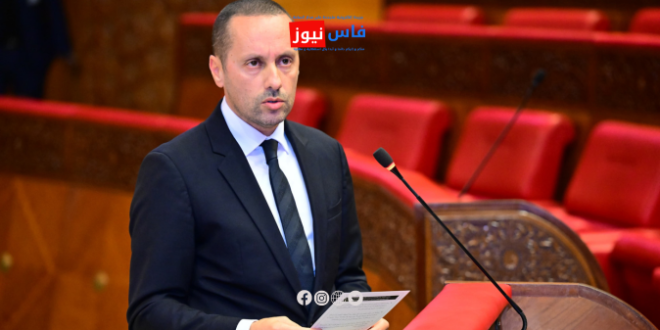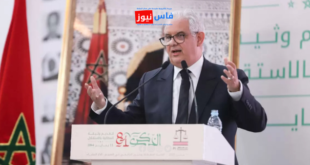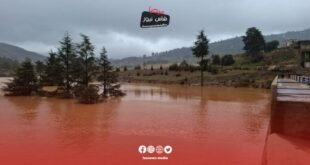The Minister of Health and Social Protection, Amin Tehrawi, presented new details during a parliamentary session regarding the ministry’s efforts to reform the national health system in Morocco. He emphasized that these reforms are in line with the royal directives aimed at improving the national health system and placing it among the major health systems globally.
Major Projects for Health Improvement
Tehrawi explained that the ministry has launched significant projects, including the operation of new healthcare institutions and the expansion of their capacities. A total of 2,100 hospital beds will be operational by 2023 and 2024. Additionally, 78 healthcare institutions are currently being built or renovated at a cost of 42 billion dirhams, which will add 11,468 new beds.
Enhancing Primary Healthcare Services
Regarding primary healthcare improvements, he noted that a program to upgrade 1,400 health centers across the country is underway with a budget of 6.4 billion dirhams, expected to be completed by 2025. The ministry is also working on establishing five major university hospitals in Agadir, Laayoune, Guelmim, Errachidia, and Tangier, which will increase bed capacity to 3,000 to enhance clinical capacity and improve geographic distribution of health services.
Addressing Earthquake Aftermath
Tehrawi addressed measures taken to respond to the aftermath of the Al-Haouz earthquake, stating that 195 healthcare institutions have been included in an emergency repair program with a total budget of 1.17 billion dirhams aimed at improving health services in affected areas.
Investment in Infrastructure
The minister highlighted the importance of strategic partnerships with local communities and international donors, which have enabled significant investments exceeding 6 billion dirhams to improve health infrastructure and equip hospitals with modern biomedical equipment.
Challenges of Workforce Distribution
Tehrawi pointed out the significant shortage of medical and nursing staff as one of the biggest challenges facing the health system. As of 2022, the ratio of healthcare professionals in Morocco was only 18 per 10,000 inhabitants. To address this issue, measures are being implemented to enhance training and professional development for health personnel through a framework agreement signed in 2022.
Ensuring Drug Sovereignty
Tehrawi affirmed the ministry’s commitment to securing and forming a national strategic stockpile of medicines and health products as part of a comprehensive vision aimed at achieving drug sovereignty and ensuring continuous supply for the national market.
Role of Private Sector
The minister emphasized the crucial role of the private sector in implementing an equitable health map in Morocco, highlighting the need for effective partnerships between public and private sectors to enhance the health system and ensure fair distribution of health services.
Call for Anti-Smoking Legislation
Tehrawi called for strict enforcement of laws needed to protect non-smokers from tobacco smoke exposure and to ban smoking in all public places. He stressed the importance of involving everyone—individuals, administrations, and civil society—in efforts to combat smoking.
The focus now shifts to upcoming steps that will be taken by the ministry to enhance citizens’ trust in the health system and ensure their right to access high-quality health services.
 فاس نيوز ميديا جريدة الكترونية جهوية تعنى بشؤون و أخبار جهة فاس مكناس – متجددة على مدار الساعة
فاس نيوز ميديا جريدة الكترونية جهوية تعنى بشؤون و أخبار جهة فاس مكناس – متجددة على مدار الساعة













